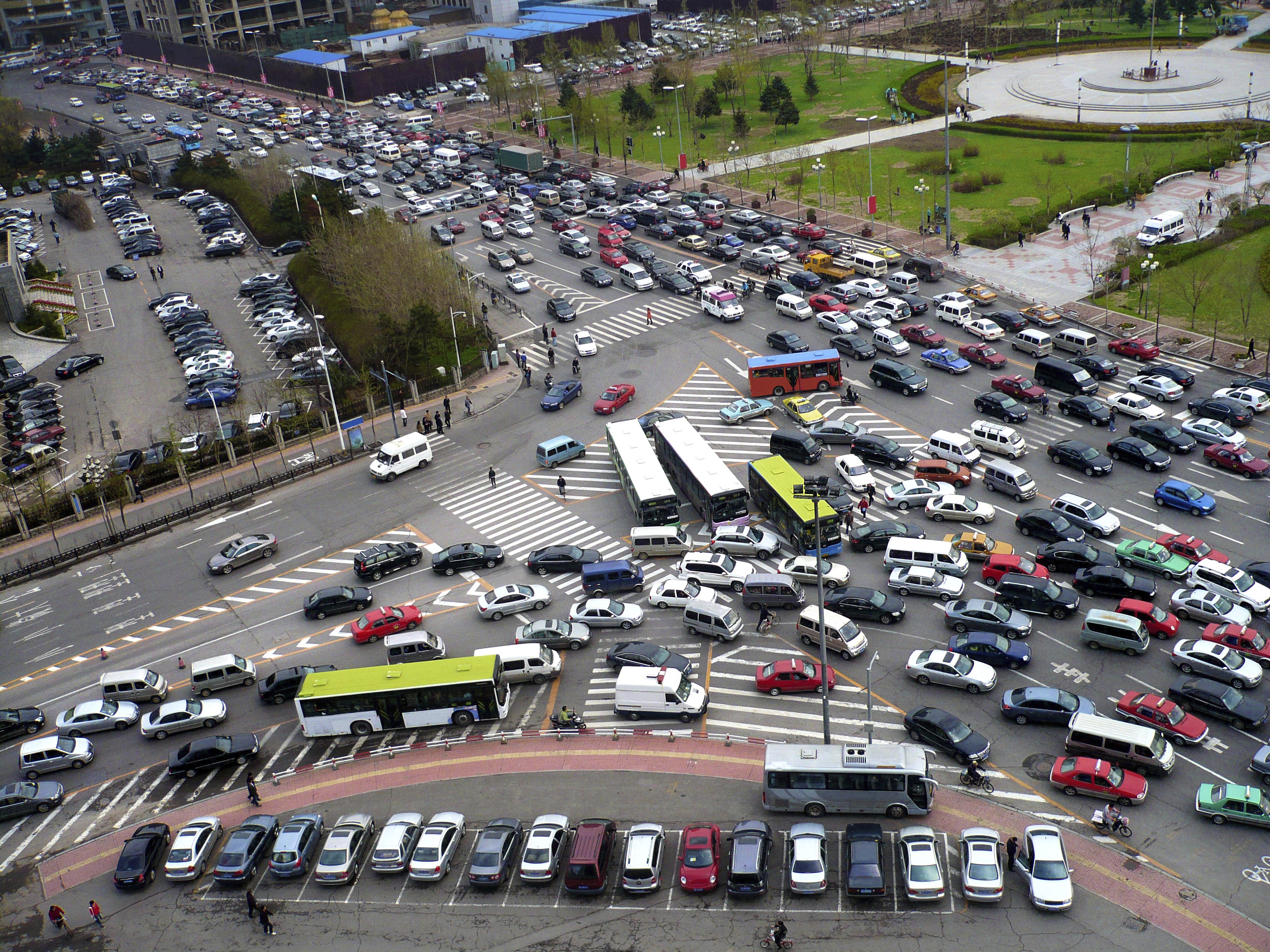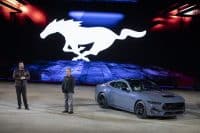Driverless cars may upset the sales hold that driver-controlled cars have had since the first automobile was put on the road. The race to perfect these cars has already started. Google Inc. (NASDAQ: GOOGL) may be able to launch a driverless car soon. Tesla Motors Inc. (NASDAQ: TSLA) management claims it is rapidly moving in the same direction. New research shows that, among other things, driverless cars could cut driving accidents by 80%.
Car accident deaths peaked in the late 1970s and early 1980s at about 50,000 a year. That figure has dropped steadily to a level of 32,000 in the past four years. The improvement has been attributed to two trends. The first is that cars are safer, more carefully engineered, with airbags and improved construction. The other is the fall-off in drunken driving. Driverless cars certainly would cut future fatalities in the second case.
An analysis by investment firm Ark Investment Management compares the use of auto pilots in airplanes with future driverless car deaths. While pilots receive more instruction than car drivers, they operate a more complicated vehicle, so it is hard to say whether the comparison is apt.
ALSO READ: The Most Dangerous Cars in America
Ark researchers have examined car accident deaths worldwide:
[I]n a completely driverless world, the use of autonomous vehicles could be expected to avoid roughly 1.2 million fatalities per year, an impact equivalent to eliminating breast cancer twice over. As can be seen in the chart below, a reduction in driver-errors, consistent with those experienced by the airline industry, would reduce motor vehicle accident rates by 83%.5.
Similar to the use of autopilot in planes, autonomous vehicles will never completely eliminate mechanical or human error. ARK would still expect around 200,000 collision-related deaths per year worldwide, a fraction of today’s fatalities. However, the chances of being hit by a driver who is drunk, asleep, or texting, will be reduced to near zero.
The Achilles’ heel of the analysis is simple. The odds that a large portion of the world’s drivers will ever use driverless cars are low. Highways may not be built to accommodate them. Millions of people will want to continue to drive their own cars, whether it is more dangerous or not. The figures in the study are a useful way to look at the advantages of driverless cars, but the future may never support the numbers.
The driverless cars are no doubt safer, if people will drive them.
Note: the author sits on the Ark Investment Management board, which has to do with management, but not investment or investing strategy.
ALSO READ: 10 Cities With the Worst Traffic
The Average American Has No Idea How Much Money You Can Make Today (Sponsor)
The last few years made people forget how much banks and CD’s can pay. Meanwhile, interest rates have spiked and many can afford to pay you much more, but most are keeping yields low and hoping you won’t notice.
But there is good news. To win qualified customers, some accounts are paying almost 10x the national average! That’s an incredible way to keep your money safe and earn more at the same time. Our top pick for high yield savings accounts includes other benefits as well. You can earn up to 3.80% with a Checking & Savings Account today Sign up and get up to $300 with direct deposit. No account fees. FDIC Insured.
Click here to see how much more you could be earning on your savings today. It takes just a few minutes to open an account to make your money work for you.
Our top pick for high yield savings accounts includes other benefits as well. You can earn up to 4.00% with a Checking & Savings Account from Sofi. Sign up and get up to $300 with direct deposit. No account fees. FDIC Insured.
Thank you for reading! Have some feedback for us?
Contact the 24/7 Wall St. editorial team.




